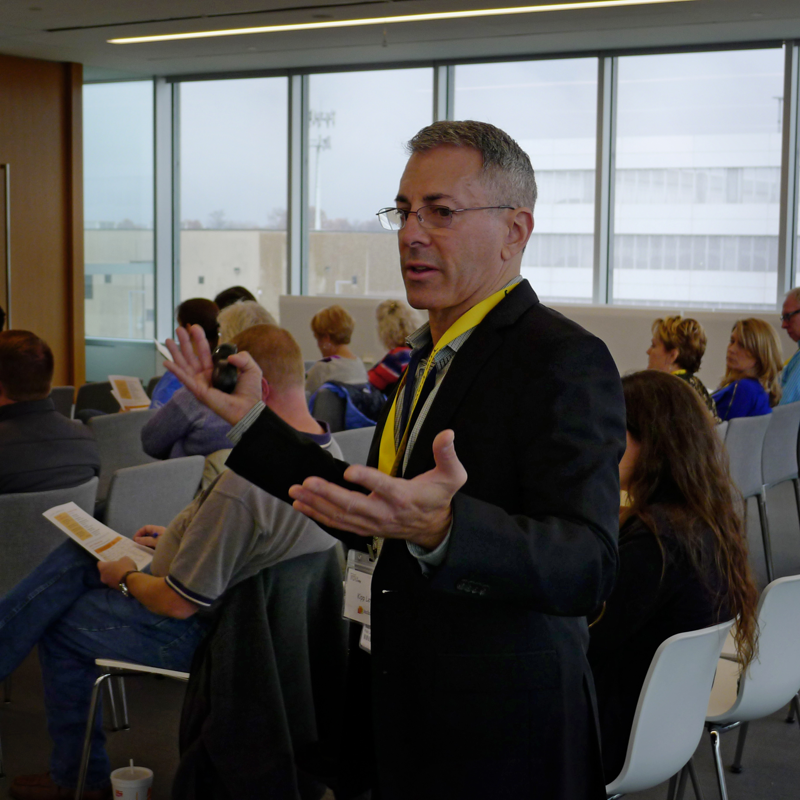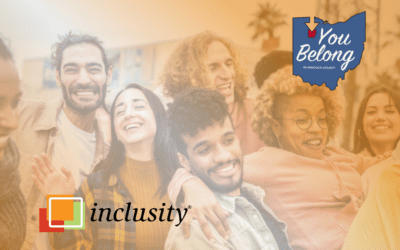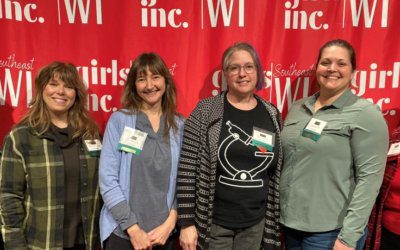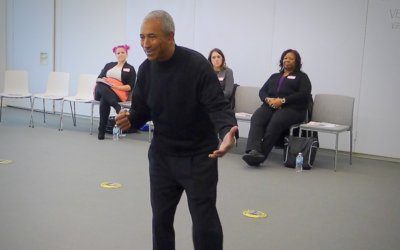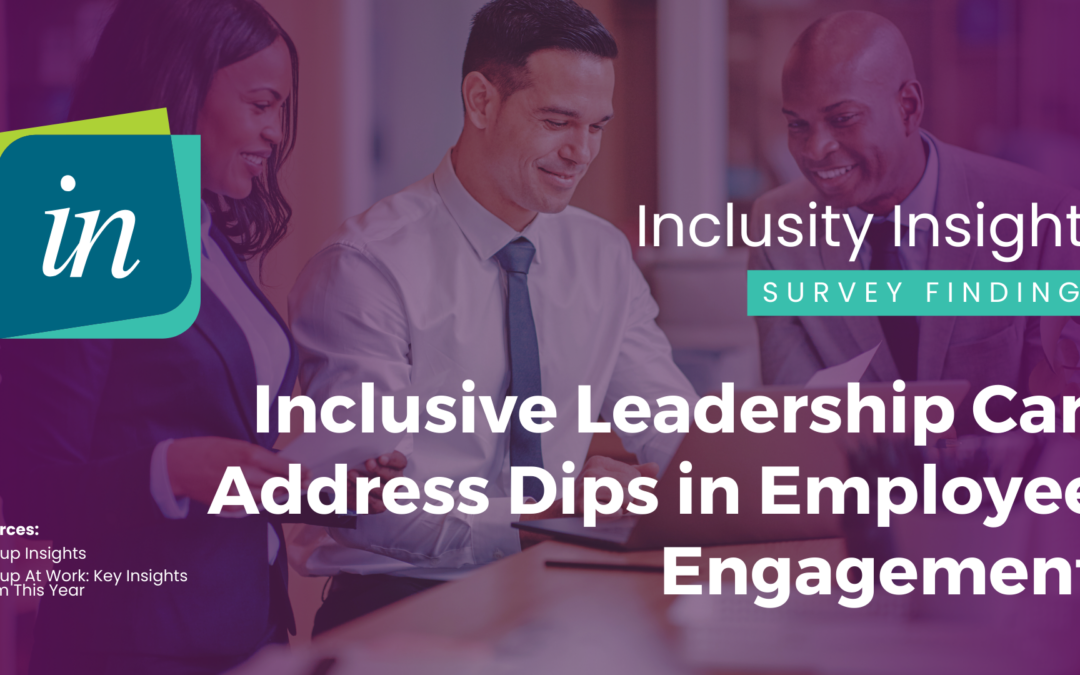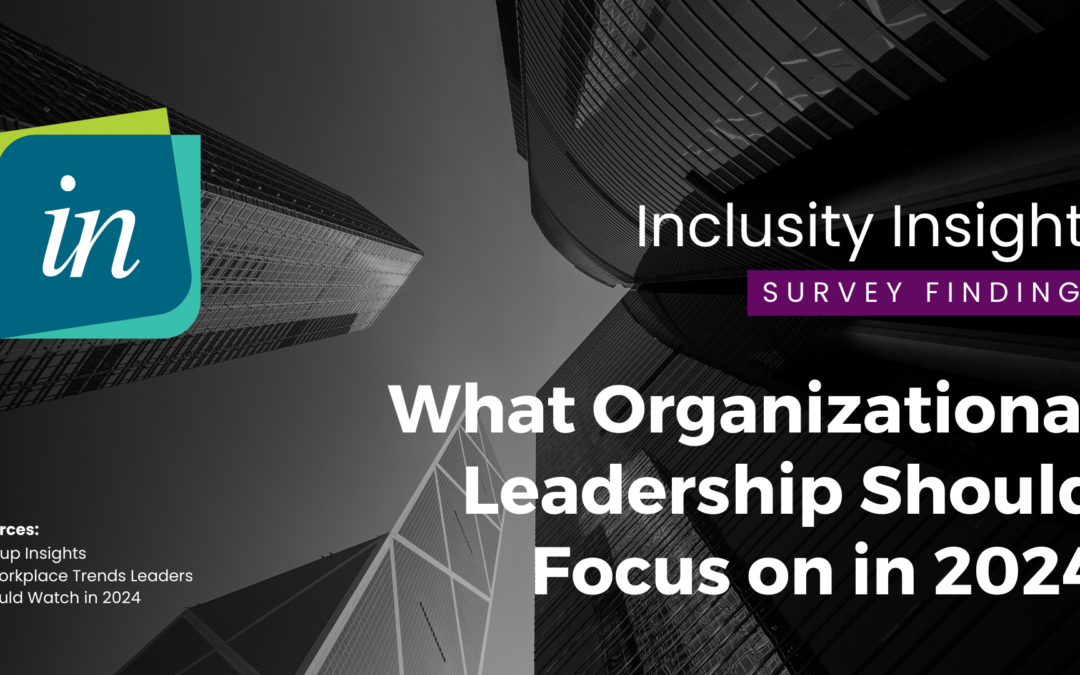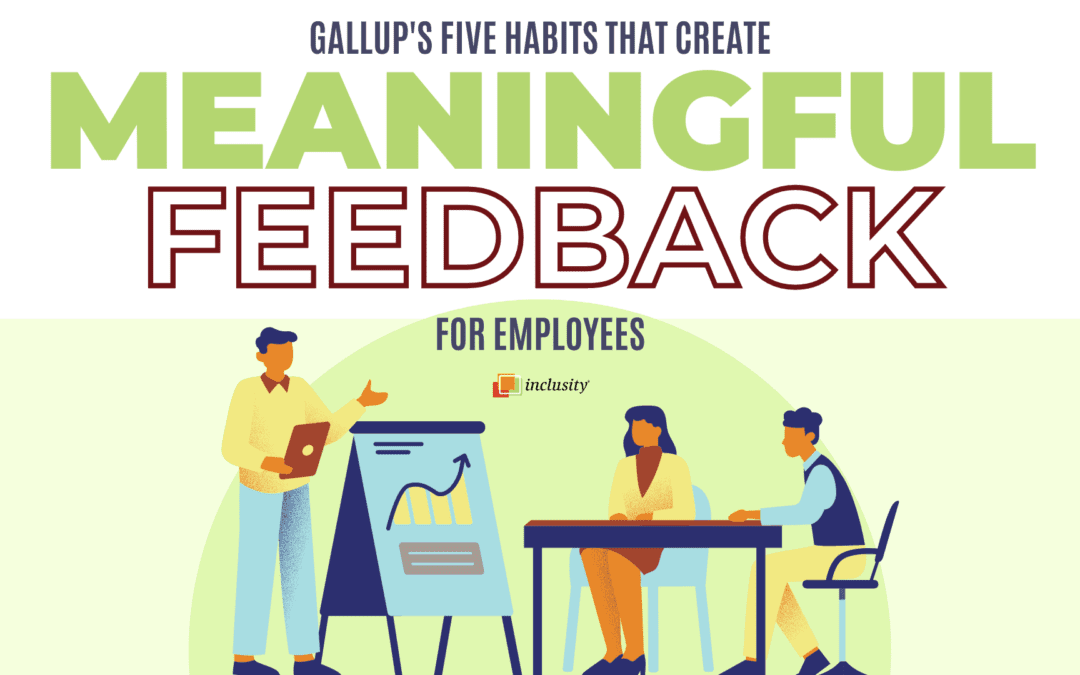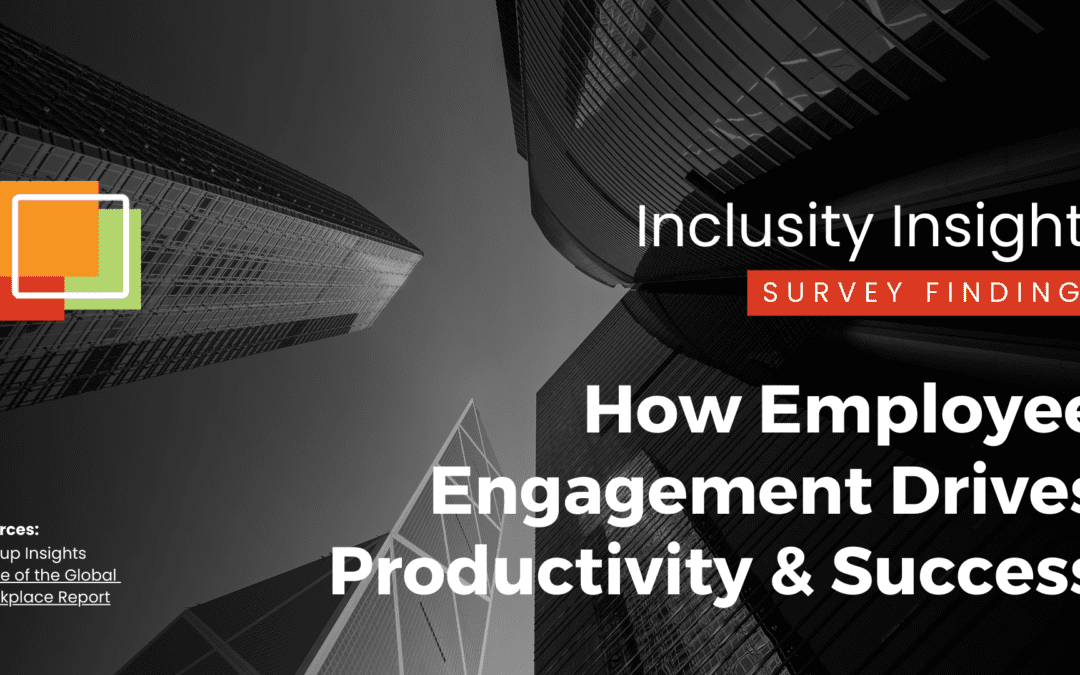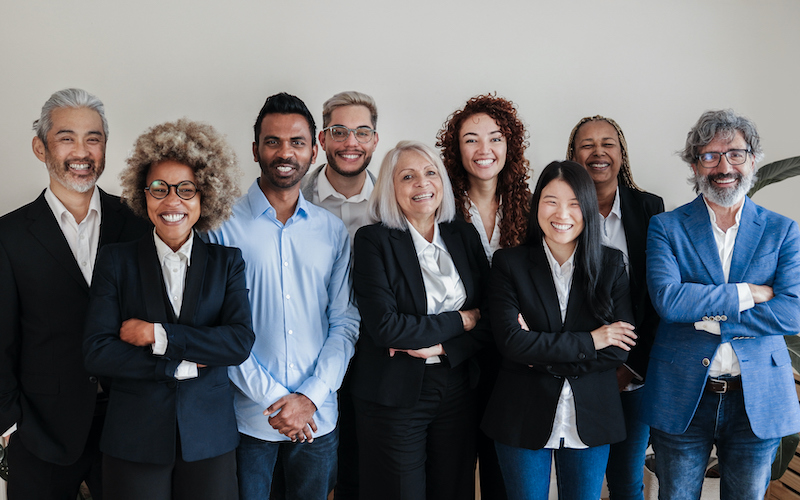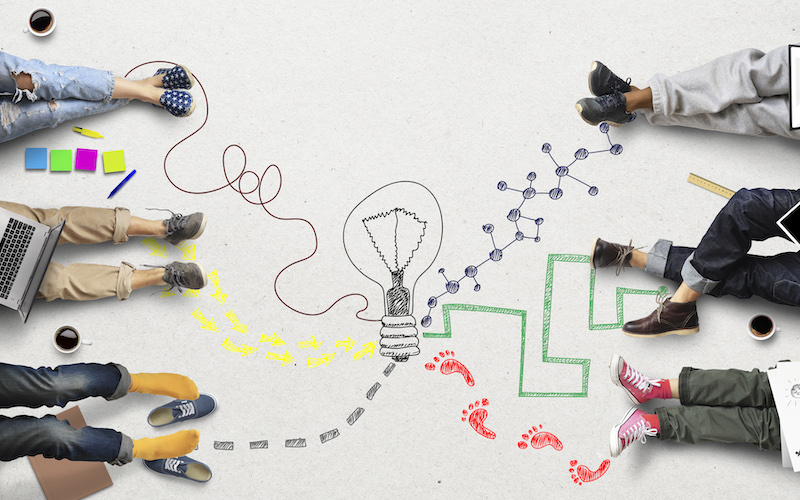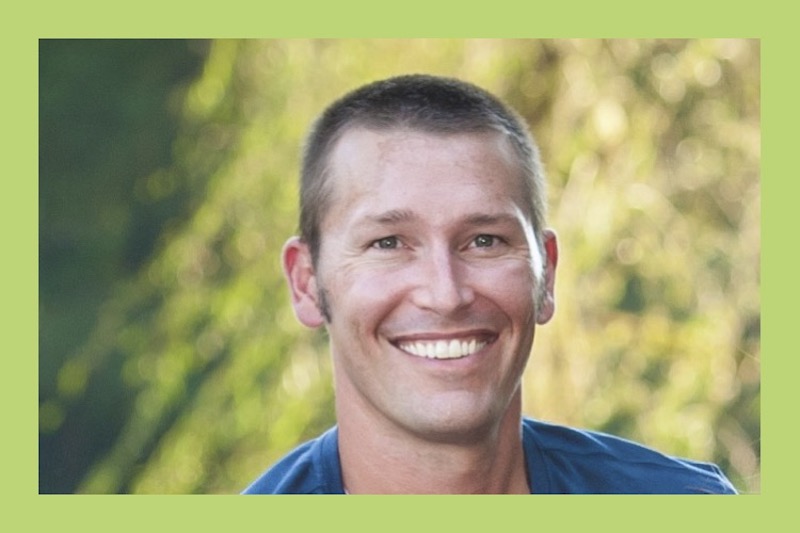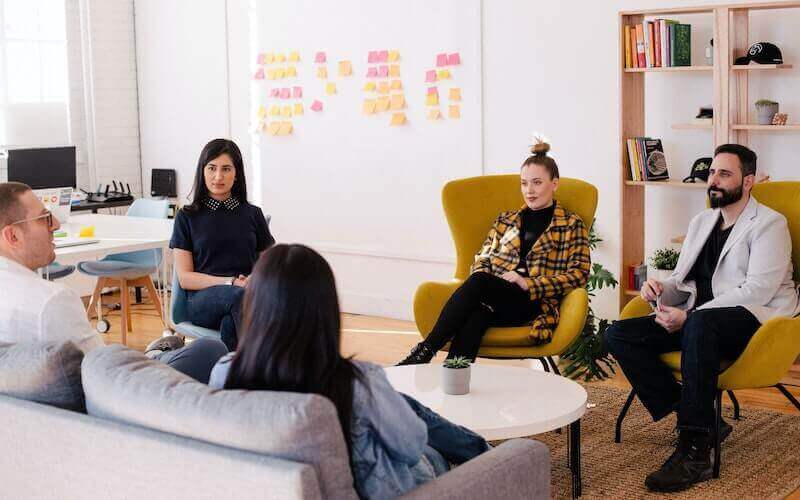As vice president of training, Kipp works to develop and lead Inclusity’s training, consulting and coaching programs, employing his twenty-plus years of experience in executive coaching, leadership and team development, organizational culture change and diversity training.
What is your favorite book and why?
A People’s History of the United States, non-fiction, runner-up for the National Book Award, 1980. This book by the American historian, political scientist, and social activist Howard Zinn, presents a side of history different from what he considered to be the traditional approach that most of us grow up learning. His revelation is that America’s history is not one unified positive story but actually a tangle of many different fairytale and nightmare experiences.
Being in the field of diversity and inclusion for the last 24 years, I’ve had the privilege of listening to many people’s life stories during deep dive learning intensives. In those sessions, a significant number of people, though proud to be American, also express feelings of exclusion in their stories of being socialized in this country, either from birth or as an immigrant. Listening to so many people’s stories in my work, and being the first generation of immigrant parents myself, I know there are multiple true stories that comprise American history and the American experience that are often not heard.
Who inspires you and why?
My Children. They are smart, kind, talented, capable, caring, and the most buttoned-up people I know. They are an inspiration for me to always strive to be my best and do better the next time around.
I know you have a love of travel. If you could travel anywhere in the world, where would that be? And why?
This is tough as there are so many wonderful places to go. That said, my favorites have been the Cyclades islands in Greece (Mykonos, Santorini, Crete, to name a few). The Greek islands are beautiful beyond compare, and we would not be who we are today as a people without their civilization’s contributions.
What is something that is not commonly known about you?
I have a degree in merchandising and design from the Fashion Institute of Design and Merchandising. When my parents got divorced, I was halfway through college, but thought I needed a more immediate degree. I dropped out and went to FIDM, graduating in two years. By the time I matriculated there, things had settled down at home. I went back to college, finished my B.A. and worked a few years before completing my M.A. in clinical psychology with a focus on the transpersonal approach to therapy and counseling.
If you could go back to your youth, what advice would you give your younger self?
Breathe deeply and meditate more often. Do yoga (and the like) for body/mind integration. Don’t take everything so personally and so seriously. In the end, much of life and experience is ephemeral, life passes incredibly quickly, and is but a dream. Remember that the most important and lasting things you’ll do in life are being kind and loving another.
What is the most courageous thing you have done in your life?
Taking care of my mother the last 11 years of her life. Dealing with her steadily failing health including dementia, extreme personality changes, and constant unexpected challenges from assisted living, to nursing home, to hospice. I went through this mostly on my own while working full time. So many times I just wanted to give up. However, I found the courage to persevere. Ultimately, I was able to give her the best life possible all the way to the end.
What does diversity and inclusion mean to you?
Understanding my own elements of individuality and learning to embrace the elements of individuality of others. By doing so I integrate the elements of individuality of people who are not like me and perhaps not in my immediate comfort zone of interaction.
How do you see inclusion changing the future of diversity?
If your automatic default becomes including others whenever you interact with people, there is a great chance that, at least in your sphere of influence, you’ll be strengthening connections wherever you go. I believe in a connected society. Inclusion is the antidote to the forces of division and tribal thinking. In my opinion and experience, diversity without inclusion tends to foster a focus on separateness rather than connectedness.
As a leadership coach, please tell me about your work. What are some of the reasons you would recommend this powerful tool for transforming individuals and organizations?
Coaching is my favorite work experience. My richest interactions in life have tended to be connecting with people one-on-one. I’m able to share my favorite tools for self-discovery and personal development/improvement. I truly believe that as long as you are still taking a breath, there is an opportunity to learn more about yourself and others. Some of the greatest successes in my work life are the transformations that come from the coaching process. Coaching is behaviorally based, so it’s easier for the client to map out how they will change their actions and manage their reactions in the future.
What would you like for others to know about you?
I’m very approachable. I’m genuinely interested in learning about other people’s lives, which is why I love to travel. In traveling, I always learn new things. Sharing my life, where it has taken me, and what I’ve learned along the way, is one of my favorite ways of connecting.

